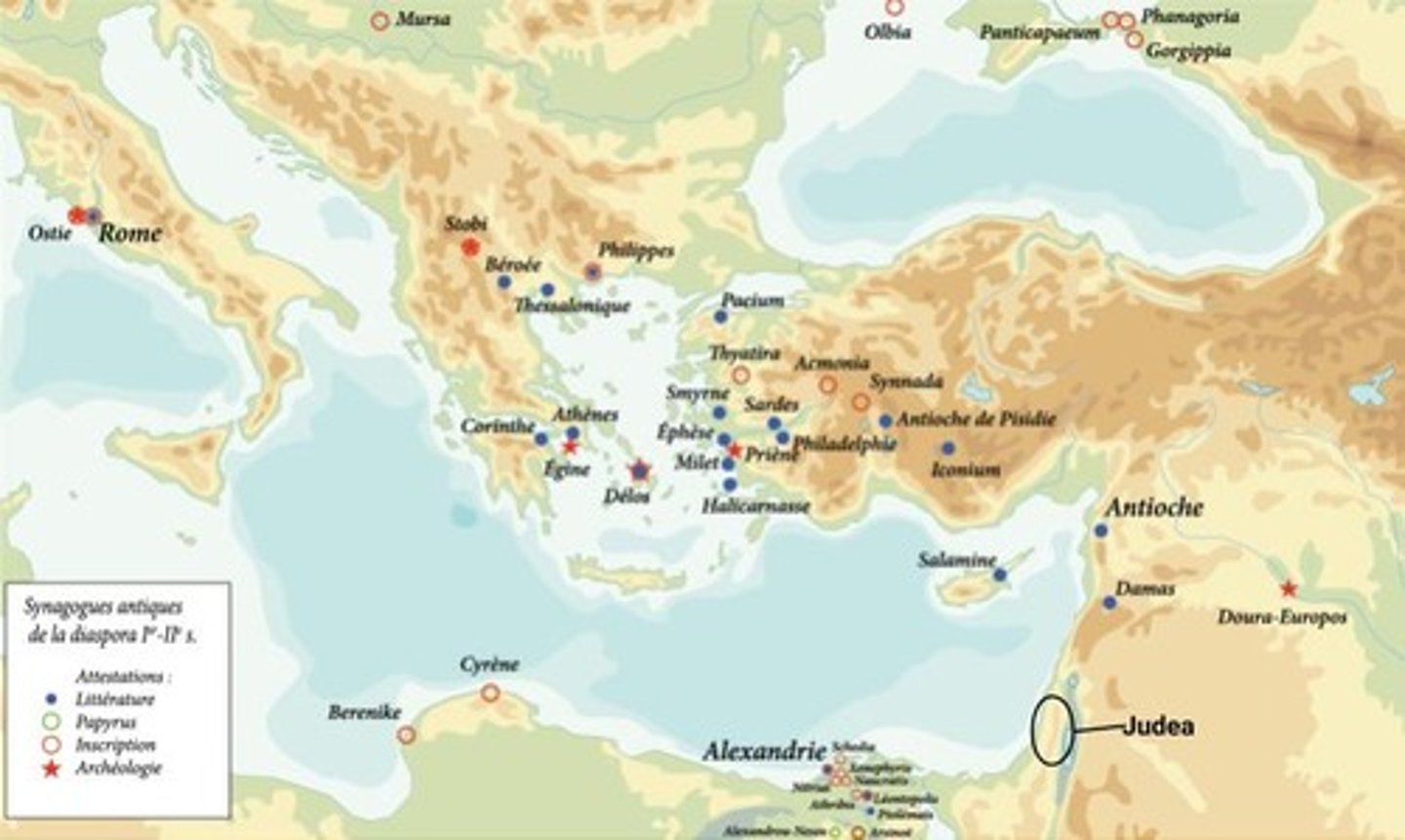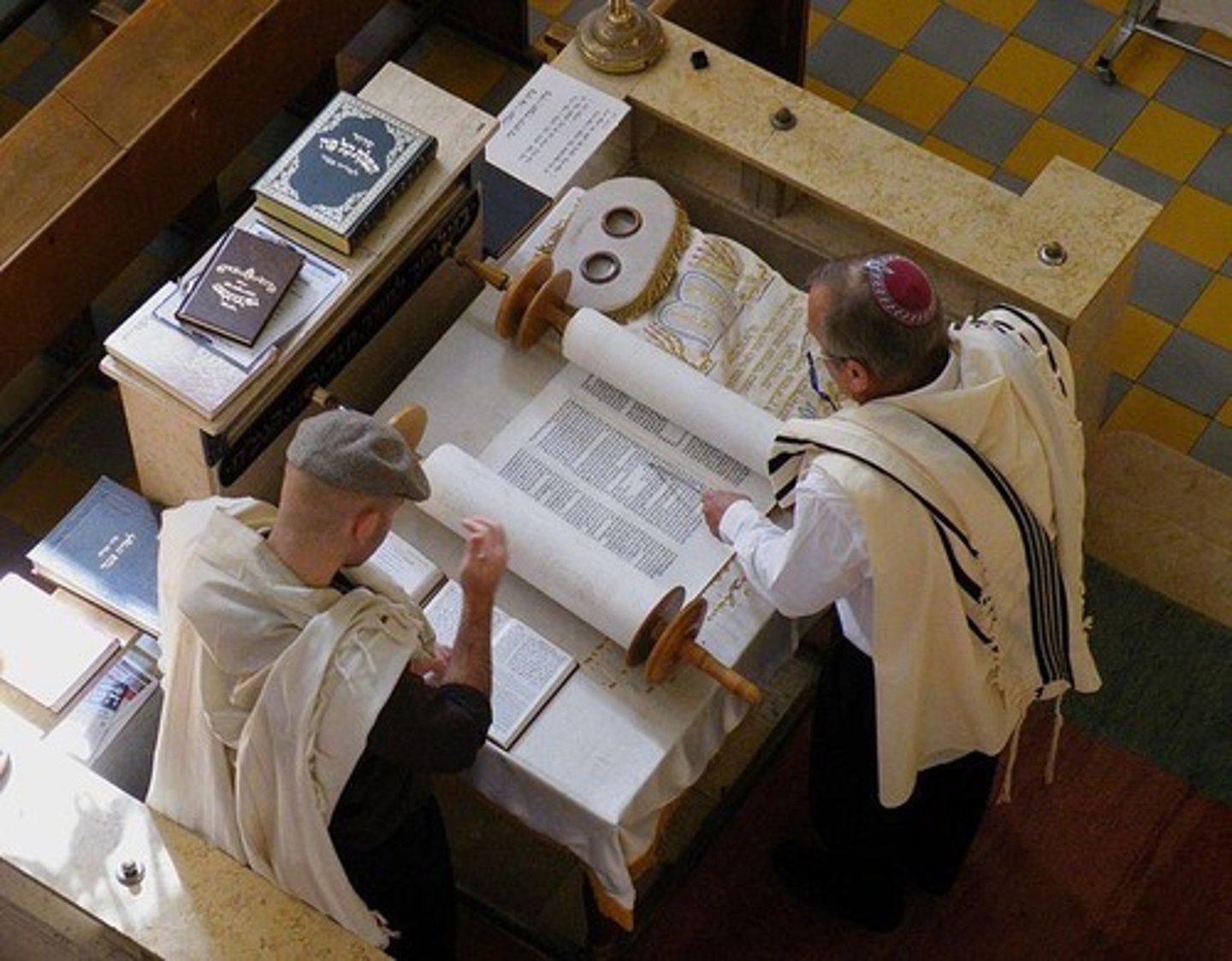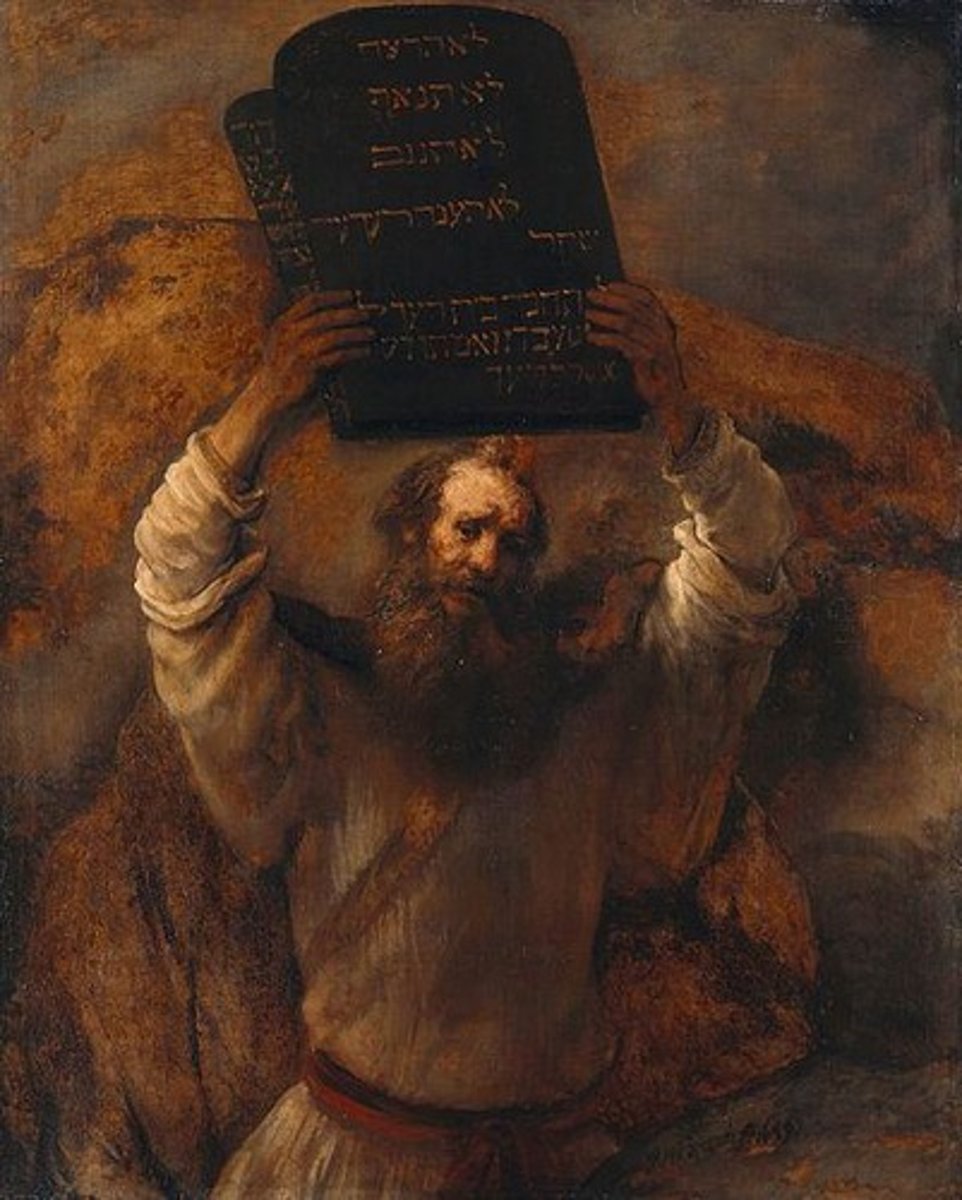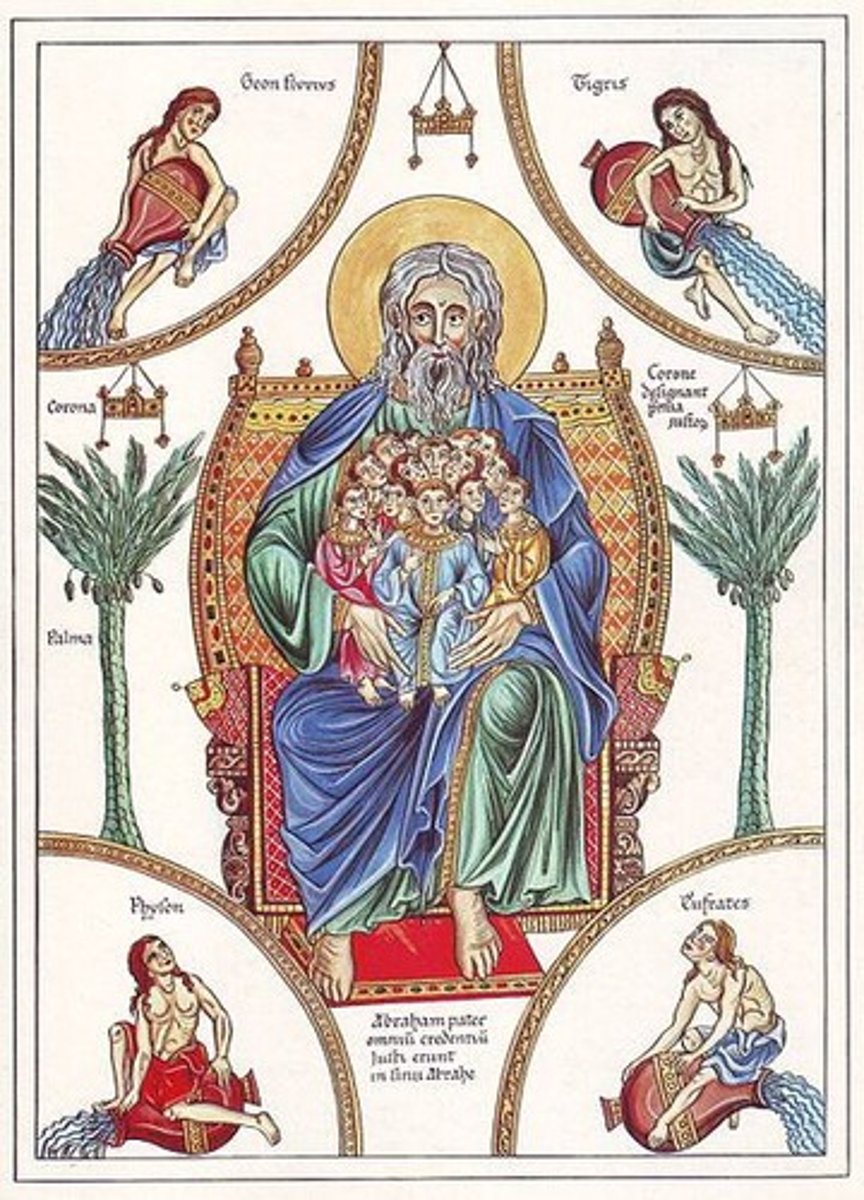Jewish Diaspora, Beliefs, and Impact in Ancient History
1/56
There's no tags or description
Looks like no tags are added yet.
Name | Mastery | Learn | Test | Matching | Spaced | Call with Kai |
|---|
No analytics yet
Send a link to your students to track their progress
57 Terms
Diaspora
The term diaspora (in Ancient Greek, διασπορά - 'a scattering or sowing of seeds') refers to any people or ethnic group forced to leave its traditional homeland, and the spreading out of those people that results from it.

Jewish Diaspora
The Jewish diaspora began with the Babylonian Exile, where some captives returned to Judea while others settled elsewhere, dispersing around the Mediterranean Sea.
Babylonian Exile
The Babylonian Exile refers to the period when Jewish captives were forced to live in Babylon, leading to the beginnings of the Jewish diaspora.
Major centers of Jewish culture
Major centers of Jewish diasporan culture emerged in such places as Alexandria, Asia Minor, and Babylonia.
Roman expulsion
A second major expulsion and diaspora of the Jewish people from Judea took place between 66 CE and 136 CE due to Roman military actions and tensions.
Second Temple
The Second Temple was destroyed by the Roman military during the Jewish-Roman conflict, significantly impacting Jewish religious life.
Jewish communities in Palestine
In the sixth century, there were 43 Jewish communities in Palestine, scattered along the coast, in the Negev, east of the Jordan, and in villages in the Galilee region.
Roman provinces
Jewish communities expelled from Judea were sent, or decided to go, to various Roman provinces in the Middle East, Europe, and North Africa.
66 CE
In 66 CE, the Roman Empire had been in control of Judea for some time, leading to tensions and ultimately the destruction of Jerusalem.
Cyrus the Great
Cyrus the Great was the Persian King who allowed some Jewish captives to return to Judea after the Babylonian Exile.
Judean rebellion
The Judean rebellion against the Romans was sparked by disrespectful Roman administrators and disagreements over taxes.
Mediterranean world
The Mediterranean world refers to the regions surrounding the Mediterranean Sea where Jewish people sought new homes during the diaspora.
Tensions between Judeans and Romans
Tensions between the Judeans and Romans intensified with riots and wars, culminating in the destruction of Jerusalem.
Jewish religious practice
The rights of the Jewish people to practice their religion were mostly respected by the Roman Empire before the Judean rebellion.
Galilee region
The Galilee region is one of the areas in Palestine where Jewish communities were located during the sixth century.
Jordan River valley
The Jordan River valley is another area in Palestine that had Jewish communities during the sixth century.
Negev
The Negev is a region in Palestine where Jewish communities were established during the sixth century.
Alexandria
Alexandria was one of the major centers of Jewish diasporan culture.
Asia Minor
Asia Minor was another significant location for Jewish diasporan culture.
Destruction of Jerusalem
The destruction of Jerusalem by the Roman military was a pivotal event that led to the Jewish diaspora.
Roman military
The Roman military played a crucial role in the expulsion of Jewish people from Judea during the conflicts.
Monotheism
Judaism was the first monotheistic religion that continued to exist and impact world history.
Polytheism
The belief in many gods, as practiced by civilizations such as the Ancient Egyptians and Sumerians.
Covenant
An agreement believed by Jewish people to have been made by God with several figures mentioned in the Torah, particularly with Abraham.
The Ten Commandments
The clearest code of conduct in Judaism, inscribed by God on two stone tablets and given to Moses.
Yahweh
The name used by Jewish people to refer to the singular God they worship.
God
The term used by Christians to refer to the singular deity they worship.
Allah
The term used by Muslims to refer to the singular God they worship.
The Torah
The central reference of the religious Judaic tradition, containing the laws and teachings of Judaism.

Genesis
The first book of the Torah, which includes the creation narrative and the covenants made with Abraham.
The LORD
A title used in the Bible to refer to God, particularly in the context of the covenants with Abraham.
Sabbath
A day of religious observance and abstinence from work, which is to be kept holy according to the Ten Commandments.
Ethical/Moral Codes
Guidelines that describe how one should live their life based on the beliefs of their religion.
Stone Tablets
The physical medium on which the Ten Commandments were inscribed by God.
Moses
The prophet who received the Ten Commandments from God and shared them with the Israelites.

Adultery
The act of cheating on one's spouse, prohibited by the Ten Commandments.
Stealing
The act of taking someone else's property without permission, prohibited by the Ten Commandments.
Killing
The act of causing the death of another person, prohibited by the Ten Commandments.
Honoring Parents
The commandment that instructs individuals to respect and care for their father and mother.
Graven Images
Idols or images made for worship, which are prohibited by the Ten Commandments.
Work on Sabbath
The prohibition against performing any work on the Sabbath day.
Thou shalt not steal.
A commandment prohibiting theft.
Thou shalt not bear false witness [lie] against thy neighbour.
A commandment prohibiting lying about others.
Thou shalt not covet [want] thy neighbour's house, wife, manservant, maidservant, ox, *** [donkey], nor any thing that is thy neighbour's.
A commandment prohibiting the desire for others' possessions.
Abraham
Father of Judaism; his life story is told in the book of Genesis in the Hebrew Bible.

Covenant with Abraham
God promised to bless Abraham with descendants 'like the sands of the sea' and a nation for him and the Israelites.
Torah
The central reference of the religious Judaic tradition, believed by many Jewish people to have been written by Moses.
Babylonian Exile (Captivity)
The period from 597 to 539 BCE when Jewish people were conquered by the Babylonian Empire and forced to live in captivity.
Nebuchadnezzar II
The Babylonian King who ordered the upper class Jewish people to leave Jerusalem.
Impact of Babylonian Exile
The exile led to increased religiosity among Jews, the importance of the scribes, and the compilation of historical writings and religious teachings.
Days of prayer
Days commemorating the fall of Jerusalem, observed by Jewish people during the Babylonian Exile.
Scribes
People who copied religious documents and played a crucial role in compiling the Torah during the Babylonian Exile.
Punishment for sins
The belief that the Babylonian Exile was a punishment for the sin of worshipping gods other than Yahweh.
Rebuilding the Temple
The hope among exiled Jews that they would be able to rebuild their sacred temple after the exile.
Judaism's impact on Ancient Israelites
Judaism provided a sense of unity and identity among the Jewish people, especially during times of crisis.
Universal religion
Judaism is seen as the beginning of an enduring universal religion that influenced Christianity and Islam.
Major beliefs of Judaism
Core principles that guide the lives of Jewish people.